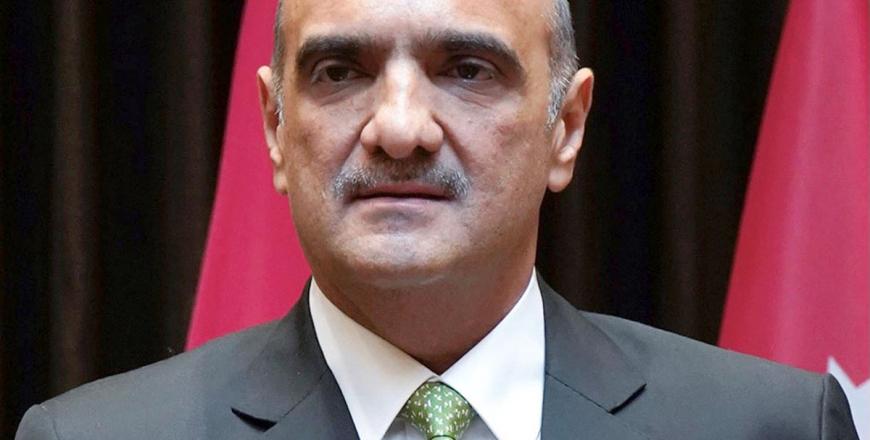You are here
Defence Order 28 expires, thousands of Jordanians to face imprisonment
By Rayya Al Muheisen - May 03,2023 - Last updated at May 03,2023

Representative image (Photo courtesy of unsplash/Towfiqu Barbhuiya)
AMMAN — On Monday, Defence Order 28, which pertains to the suspension of the imprisonment of debt defaulters, expired. Though economists expect the move to positively impact local cash liquidity, many fear the decision’s legal repercussions, which are anticipated to affect the social well-being of thousands of Jordanians.
Jubran, a 47-year-old Jordanian who works as a barber, rented out a shop in eastern Amman. Business at his salon was slower than what he expected, so Jubran said he sold all the equipment and closed his business. However, he still owes the landlord JD27,000 for rent.
“I honestly don’t have money to pay off my debt. I don’t have anything under my name; my son and I live with my mother,” Jubran told The Jordan Times.
Jubran “knows for a fact” that he will be “thrown” in prison any day. “I’m helpless, I can't put a settlement plan with the landlord, I don’t have any sort of income to pay off my debt,” Jubran said.
“I know that the landlord has the right to ask for his money. However, I also know that locking me behind bars won't change the fact that I'm incapable of paying the landlord back,” Jubran added.
During the COVID-19 pandemic, the Jordanian government issued a defence law with orders related to the imprisonment of debt defaulters. Prime Minister Bisher Khasawneh amended the provisions of Defence Order No. 28 of 2021, issued under Defence Law No. 13 of 1992, extending the order until April 30, 2023.
Before the amendment of Article 1 of the Defence Order, debt defaulters would be jailed if they borrowed sums exceeding JD100,000. The amendment lowered the maximum threshold for imprisonment to JD20,000, according to a report from the Jordan News Agency, Petra.
Article 2 of the same defence order, related to the imprisonment of those who have issued bad cheques, has also been amended, jailing those who write fraudulent cheques or those with insufficient funds for an amount of up to JD20,000, down from the JD100,000 threshold in place prior to the amendment.
Due to financial hardship leading to an inability to pay-off civil debt cases, thousands of Jordanians will face imprisonment for defaulting on their debt after the end of defence law.
Meanwhile, economists believe that the expiration of the Defence Order will “definitely” push liquidity into the market and will move the economic wheel.
Economist Wajdi Makhamreh told The Jordan Times that the expiration of the Defence Order No.28 is a “warning bell” for civil debt defaulters to set a settlement plan to pay off their debt.
“Many of the defaulters knew that creditors couldn’t ask for their money. Therefore, they kept their cash and didn’t bother to pay off their debts,” Makhamreh said.
Economist Hosam Ayesh told The Jordan Times that three years were “enough” for debtors to correct their financial situation.
“The trade sector was significantly harmed from the lack of cash and liquidity,” Ayesh added.
There are approximately 158,000 debtors, each owing a sum in excess of JD5,000. The amount of credit needed in the market stands around JD800 million, Ayesh said.
A lack of liquidity in the market negatively affected purchasing power and economic growth, and slowed down the economic wheel, the economist added.
Both Makhamreh and Ayesh identified financial settlements as the key solution for the debt defaulter issue.
Related Articles
AMMAN — “Sameh Le Tojar” or the "Forgive to be Virtuous" initiative was launched on the first day of Ramadan, and thus far, has been able to
AMMAN — Debt defaulters are calling for the reactivation of the Defence Order 28 of 2021, which suspends the imprisonment of civil debt defa
AMMAN — Prime Minister and Minister of Defence Bisher Khasawneh on Tuesday amended the provisions of Defence Order No.



















